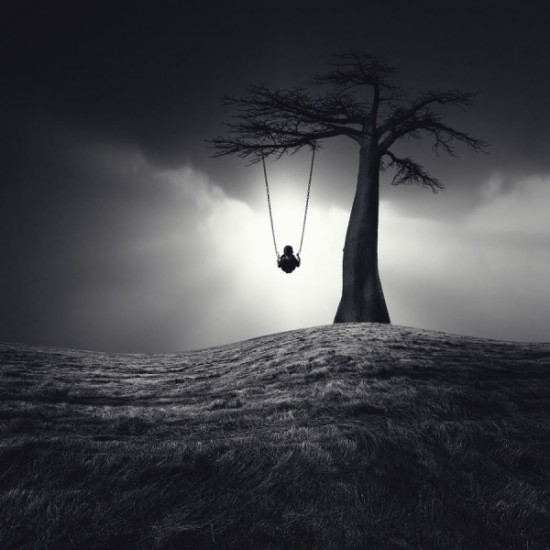Capture A Dream
Dreams are strange and wonderful things. We have only tantalizing hints at what function, if any, they perform, what service they provide. They could be as simple a thing as the semi-conscious mind attempting to turn flashes of memories into sense, into stories. Or they could be more complex, as if your mind were turning over thoughts and ideas on its own, unbidden by you, working out problems, thinking of outcomes. Perhaps, at the extreme of possibilities, when sleeping the mind enters or opens to different quantum states and see into the infinite dimensions and parallel universes. The least likely possibility is that dreams are prophetic.
Dreams are often fragmentary, strange, and unsettling. And they are the place where writing begins.
The telling of stories, the act of experiencing them, is so fundamental to humans that it’s literally built in. Some say that movies are dreams made real, but I say that movies are pale things in comparison to dreams. Someday, perhaps, when fully immersive virtual reality is perfected, we might spend time, fully conscious, inside dreams. But for now we must rely on our fading memories of what we dreamt.
For the writer, paying attention to dreams, recording them, playing with them, is a potential gold mine. When you write, you strive for unleashed creativity and it’s very difficult to achieve, but in dreams that’s the natural state, the place where you begin. It is very useful for writers to jot down their dreams, to capture what they can of the experience of dreaming, and record not just the events of the dream, but the emotions, the experiences, and the turning points. When you wake, what did the dream make you feel? That may be as important as the dream itself.
 I am personally very poor at capturing and recording dreams, but I intend to get better at it. I don’t think I can immediately wake and capture a dream, but I can try and let dreams echo around until I have the time to sit down and make a few notes. You can do the same thing.
I am personally very poor at capturing and recording dreams, but I intend to get better at it. I don’t think I can immediately wake and capture a dream, but I can try and let dreams echo around until I have the time to sit down and make a few notes. You can do the same thing.
For today’s writing assignment, record a dream. It could be a dream from last night, if you can remember it, or it could be one that stuck with you, even one that reoccurs. Try and capture everything you can about it, the events, your dreaming thoughts and emotions, and what it made you think and feel upon
waking.
Dreams are often fragmentary, strange, and unsettling. And they are the place where writing begins.
The telling of stories, the act of experiencing them, is so fundamental to humans that it’s literally built in. Some say that movies are dreams made real, but I say that movies are pale things in comparison to dreams. Someday, perhaps, when fully immersive virtual reality is perfected, we might spend time, fully conscious, inside dreams. But for now we must rely on our fading memories of what we dreamt.
For the writer, paying attention to dreams, recording them, playing with them, is a potential gold mine. When you write, you strive for unleashed creativity and it’s very difficult to achieve, but in dreams that’s the natural state, the place where you begin. It is very useful for writers to jot down their dreams, to capture what they can of the experience of dreaming, and record not just the events of the dream, but the emotions, the experiences, and the turning points. When you wake, what did the dream make you feel? That may be as important as the dream itself.
 I am personally very poor at capturing and recording dreams, but I intend to get better at it. I don’t think I can immediately wake and capture a dream, but I can try and let dreams echo around until I have the time to sit down and make a few notes. You can do the same thing.
I am personally very poor at capturing and recording dreams, but I intend to get better at it. I don’t think I can immediately wake and capture a dream, but I can try and let dreams echo around until I have the time to sit down and make a few notes. You can do the same thing.For today’s writing assignment, record a dream. It could be a dream from last night, if you can remember it, or it could be one that stuck with you, even one that reoccurs. Try and capture everything you can about it, the events, your dreaming thoughts and emotions, and what it made you think and feel upon
waking.





0 comments:
Post a Comment